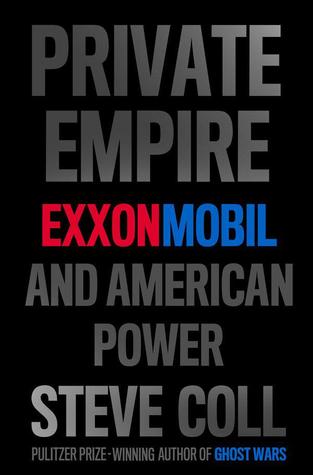More on this book
Community
Kindle Notes & Highlights
Lee Raymond would manage Exxon’s global position after 1989 as a confident sovereign, a peer of the White House’s rotating occupants. Raymond aligned Exxon with America, but he was not always in sync; he was more akin to the president of France or the chancellor of Germany. He did not manage the corporation as a subordinate instrument of American foreign policy; his was a private empire.
Exxon made a fetish of rules, but it rarely had to justify or explain publicly how it operated when the rules were gray.
The executive was startled to discover at one point that the corporation’s top five leaders, all white males, were the fathers, combined, of fourteen sons and zero daughters. The mathematical probability that such a quirk had no basis in the corporation’s social mores was low. “What is there in the culture here that promotes people with sons?” he wondered. Sports? Hunting? He could not figure it out, if there was indeed something other than a fluke to discern.
In the political economies of African strongmen, the World Bank was potentially useful; the C.I.A., on the other hand, was where the world really turned.


